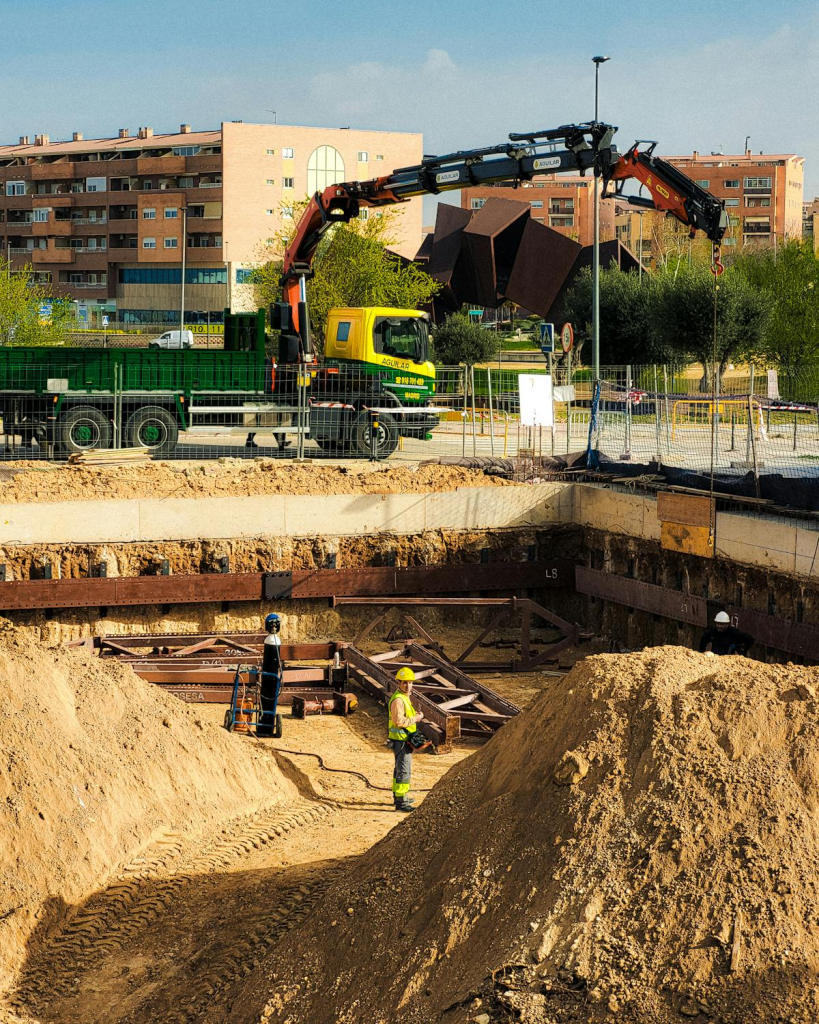When it comes to building or renovating a home in Melbourne, one of the most crucial decisions you’ll make is choosing the right builder. The builder you select will significantly impact the quality of your project, the timeline, and the overall experience.
Whether you’re planning a new home, a renovation, or a major extension, understanding how to choose the right builder in Melbourne is essential for ensuring your vision comes to life without unnecessary stress or expense.

In this guide, we’ll walk you through the key factors to consider when choosing a builder in Melbourne. From understanding the importance of research and references to evaluating quotes and contracts, we’ll provide you with the information you need to make an informed decision.
How To Choose A Builder Melbourne?
Research And Shortlisting
- The first step in choosing a builder in Melbourne is conducting thorough research. This stage is crucial for narrowing down your options and finding builders who are reputable, experienced, and aligned with your project goals.
- Start with Recommendations: Ask friends, family, and colleagues if they have any builders they recommend based on their personal experiences. Word-of-mouth referrals are often reliable because they come from people you trust and who have firsthand experience with the builder’s work.
- Online Research: Use online platforms like Google, Houzz, and social media to search for builders in Melbourne. Look at their websites, check out their portfolios, and read customer reviews. Pay close attention to both positive and negative feedback to get a balanced view of their performance.
- Industry Associations: Builders who are members of industry associations such as the Master Builders Association of Victoria (MBAV) or the Housing Industry Association (HIA) are often more credible. These associations require members to adhere to certain standards and codes of conduct, which can give you added peace of mind.
- Specialization: Consider what type of project you’re planning—whether it’s a luxury home, an eco-friendly build, or a renovation—and find builders who specialize in that area. Specialists often bring more expertise and innovative solutions to the table.
Once you have a list of potential builders, start shortlisting them based on your specific needs. Consider factors like their experience, the size of their team, their availability, and whether their previous work aligns with your vision.
Assessing Qualifications And Experience
After shortlisting potential builders, the next step is to assess their qualifications and experience. This will help you determine if they are capable of delivering your project to the desired standard.
- Licensing and Registration: Ensure that the builder you choose is fully licensed and registered to operate in Melbourne. The Victorian Building Authority (VBA) regulates builders in Victoria, and you can verify a builder’s credentials through their website. A licensed builder is more likely to comply with local building regulations and standards.
- Experience: Experience is a key indicator of a builder’s capability. Ask how long the builder has been in business and what types of projects they have completed. Builders with extensive experience in similar projects are likely to foresee potential challenges and have the expertise to address them effectively.
- Past Projects: Ask to see a portfolio of the builder’s past projects. Visiting previous work sites or homes they’ve built can give you a tangible sense of their craftsmanship and attention to detail. If possible, speak with former clients to get insights into their experiences with the builder, including the quality of work, communication, and any issues that arose during the project.
- Insurance: Confirm that the builder has the necessary insurance coverage, including public liability insurance and home warranty insurance. This protects you from financial loss if something goes wrong during construction.
- Reputation: Check the builder’s reputation within the industry. Builders with a solid reputation are more likely to be trustworthy, reliable, and committed to delivering high-quality work.
Comparing Quotes And Understanding Contracts
Once you’ve narrowed down your list of builders based on qualifications and experience, the next step is to obtain and compare quotes. This is a crucial part of the process, as it will help you understand the cost implications and make a more informed decision.
- Detailed Quotes: Request detailed, itemized quotes from each builder on your shortlist. The quotes should break down the costs of materials, labour, permits, and any other expenses related to the project. Avoid builders who provide vague or overly general quotes, as this could lead to unexpected costs later on.
- Price vs. Value: While it might be tempting to go with the lowest quote, it’s important to consider the value you’re getting for your money. A lower price might mean compromises in quality or shortcuts in construction, which could lead to costly repairs down the road. Look for a balance between price and quality, ensuring that the builder’s quote aligns with your budget and expectations.
- Contract Terms: Carefully review the contract terms before signing. The contract should outline the scope of work, timelines, payment schedules, and any warranties or guarantees provided by the builder. Pay close attention to clauses related to variations, delays, and dispute resolution. It’s advisable to have a legal professional review the contract to ensure your interests are protected.
- Communication: Consider how the builder communicates with you during the quoting process. Clear, prompt, and professional communication is a good indicator of how the builder will handle your project. A builder who takes the time to answer your questions and explain the details is likely to be more reliable and easier to work with.
Red Flags To Watch Out For
While searching for the right builder, it’s important to be aware of potential red flags that could indicate problems down the line. Here are some warning signs to keep in mind, discover this:
- Unrealistically Low Quotes: If a quote seems too good to be true, it probably is. Builders who significantly undercut competitors may be cutting corners or using substandard materials.
- Lack of References: A builder who is hesitant or unable to provide references should be approached with caution. Reliable builders will have a list of satisfied clients who can vouch for their work.
- Pressure to Sign Quickly: Be wary of builders who pressure you to sign a contract immediately or who are unwilling to give you time to review the details. Rushed decisions can lead to costly mistakes.
- Poor Communication: If a builder is unresponsive, unclear, or evasive during the initial stages, it’s a sign that they might be difficult to work with throughout the project.
- No Written Contract: Never proceed with a builder who refuses to put the agreement in writing. A verbal agreement leaves you vulnerable to misunderstandings and disputes.
Conclusion
Choosing the right builder in Melbourne is a critical step in ensuring the success of your building project. The builder you select will influence every aspect of the process, from the initial design phase to the final finishing touches. Therefore, it’s essential to invest time and effort into making an informed decision.
By conducting thorough research, assessing qualifications and experience, comparing quotes, and being vigilant for potential red flags, you can significantly reduce the risks associated with building or renovating your home.
The right builder will not only meet your technical and budgetary requirements but also understand your vision, communicate effectively, and show a genuine commitment to delivering high-quality work.
As you finalize your decision, consider the long-term implications of your choice. A well-chosen builder can turn your dream home into a reality, creating a space that reflects your style, meets your needs, and stands the test of time. Conversely, selecting the wrong builder can lead to delays, subpar workmanship, and unnecessary stress.

